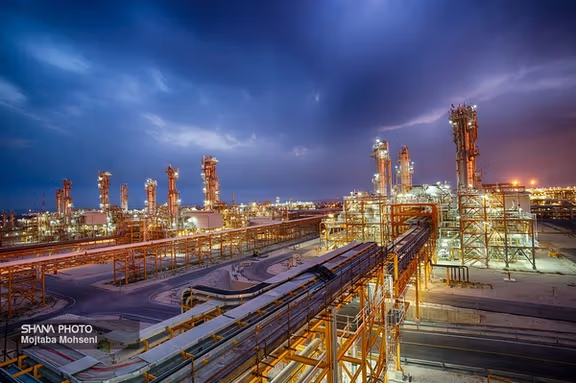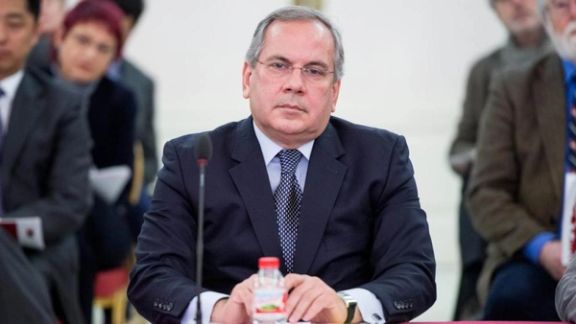Iran's Development Lags Behind Region Amid Tensions With West

Iranian academics' assessment of Iran's critical economic situation, which hinders its development, appears to be backed by credible international statistics.

Iranian academics' assessment of Iran's critical economic situation, which hinders its development, appears to be backed by credible international statistics.
Mahmoud Sariolghalam, an Iranian academic, emphasized the importance of a country having sufficient income for cultural and social growth. He also pointed out that a country without sufficient income lacks international credibility and faces constant challenges to its stability and security.
These statements are reinforced by alarming statistics that highlight Iran's significantly lower gross domestic product (GDP) compared to other Middle East and North Africa countries. In 2022, Iran's GDP was $350 billion, while Saudi Arabia's was $1,100 billion, Israel's was $522 billion, the UAE's was $507 billion, and Egypt's was $475 billion, according to Statista.
Last week, when visiting Esfahan, President Ebrahim Raisi said with a tongue-in-cheek gesture: "If we do not invest in industrial development, we will lag behind others. If we do not invest in the oil and petrochemical industries, our share of the shared oilfields with other countries will become insignificant."

However, Iranian journalist Ehsan Bodaghi reminded Raisi in a tweet that "Even a student of economics knows this simple fact. He should say how effective investment is possible without lifting the sanctions?"
Sanctions that the United States imposed in 2018 after withdrawing from the JCPOA nuclear accord have immeasurably weakened Iran’s economy, which was already suffering from government control, corruption and mismanagement.
Knowing that most of Iran's problems stem from its shaky relations with Europe and the United States, Azizollah Hatamzadeh, the author of the book Iran's Trans-Atlantic Relations published by the Iranian government's Strategic Research Center, told Khabar Online in Tehran that some of Iran's problems stem from the United States' attempts to create a security situation around the Islamic Republic.
Like most scholars and analysts in Iran, Hatamzadeh also failed to mention Iran's share in creating problems for itself. While accusing the United States and Europe of conspiring against Tehran, he -possibly deliberately- forgets what Iran has been doing to US interests in the region and how it has disrupted its normal ties with Europe by taking European citizens hostage, threatening Iranians in Europe and engineering assassination attempts in Europe against Iranians and non-Iranians.
Hatamzadeh discussed the post-Cold War developments in Iran's relations with the West and noted Donald Trump's influence in changing those relations. He also mentioned that Trump challenged traditional US-Europe ties and predicted that disputes between the US and Europe might resurface if Trump won the next US presidential elections.
The author generally believes that the United States has always managed to convince Europe to follow Washington's policies toward Iran.
This feeds into part of the Iranian establishment's belief in the fallacy that differences between the US and Europe will prompt Europe to invest in Iran. That is impossible as long as US and other sanctions are still in effect. On the other hand, Iranian scholars keep forgetting that it was Europe that recently decided to extend the embargo on Iran's missile development plan beyond its mid-October deadline.
Meanwhile, Moscow's war on Ukraine has made the West even more united and this unity will continue as long as the war continues. Hatamzadeh, however, acknowledged that as a result of the Ukraine war, Europe recognizes Iran as a security challenge regardless of its proximity to or its distance from the United States.